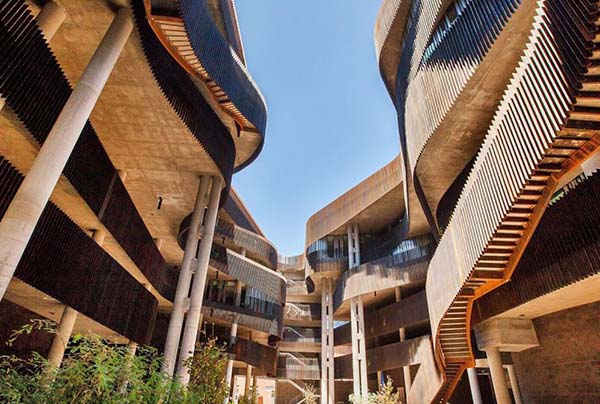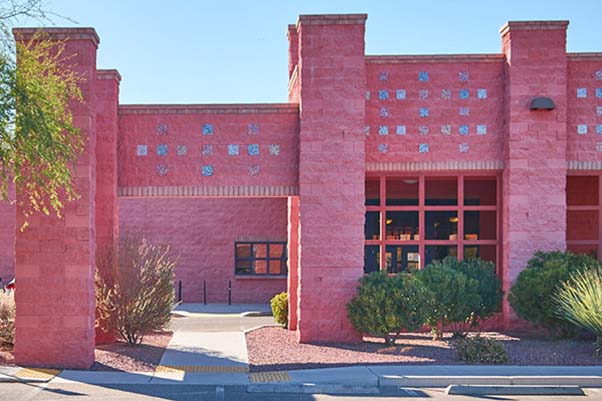Partner Level: Community
2030 DISTRICT Community Partners include utilities, academic institutions, government agencies, industry associations and public benefit organizations (NGOs, charities, community groups) in the Tucson 2030 District.
With passage of the City of Tucson's Climate Action and Adaptation Plan March 7, 2023, the Tucson 2030 District is moving even deeper into its energy and water efficiency mission as a dedicated partner in reducing the carbon footprint of our built environment. The District is in lockstep with the City's goal to be carbon neutral by 2030. Join us in this planet-saving effort.

The TUCSON 2030 DISTRICT is a local non-profit whose private-sector led, public-sector supported partnership brings property owners and managers together with local governments, businesses, and community partners to provide a business model for urban sustainability and reduction in climate change through collaboration, leveraged financing, and shared resources. By doing so, we are improving the health and welfare of Tucson and its citizens.

2030 DISTRICT Community Partners include utilities, academic institutions, government agencies, industry associations and public benefit organizations (NGOs, charities, community groups) in the Tucson 2030 District.
2030 DISTRICT property owners include building owners, managers, facility operators, developers, major tenants of properties, multi-family buildings and single-family residences in the TUCSON 2030 DISTRICT.
2030 DISTRICT Professional Service Partners include architects, engineers, ESCOs, contractors and other professional organizations working with the built environment or new construction in the TUCSON 2030 DISTRICT.

Develop and disseminate a better understanding of District wide energy consumption, water consumption and greenhouse gas emissions to inform more strategic program development, better policy and more meaningful stakeholder outreach.

Assist Property Owner Partners in benchmarking their properties to define current performance, to provide a Know Your Number rating and to provide access to Professional Service Partners to assist in implementing building improvements.

Act as a catalyst, connector and advisor to accelerate the adoption of best practices, conservation program participation and knowledge transfer within the District.

Assist building owners, developers, and tenants in understanding the positive financial value and asset improvement that accrue with efficiency upgrades.
National 2030 Districts Are Committed to Reducing, by 2030:
2030 Districts are organizations led by the private sector, with local building industry leaders uniting around a shared vision for sustainability and economic growth – while aligning with local community groups and government to achieve significant energy, water, and emissions reductions within our commercial cores.
Property owner/manager/developers join a local 2030 District to help them make significant changes to their properties to create reductions necessary to transition to a low carbon economy.